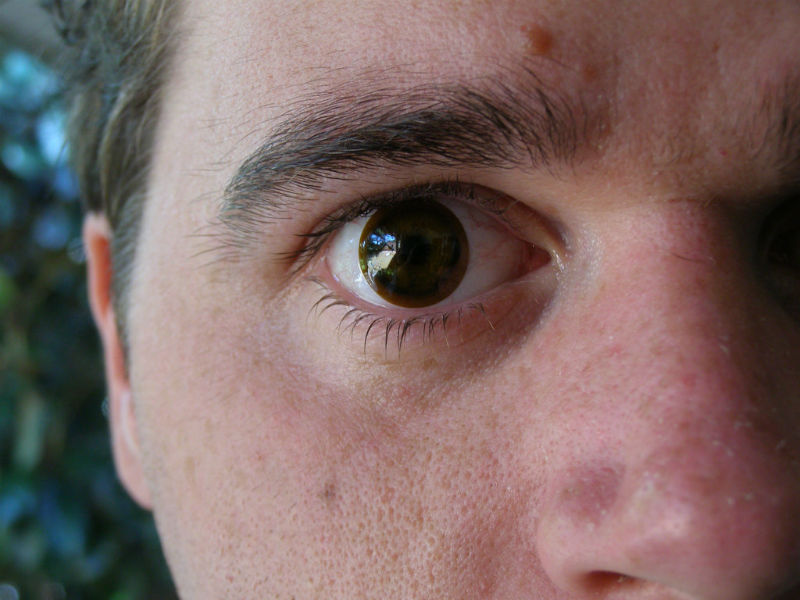-
Tips for becoming a good boxer - November 6, 2020
-
7 expert tips for making your hens night a memorable one - November 6, 2020
-
5 reasons to host your Christmas party on a cruise boat - November 6, 2020
-
What to do when you’re charged with a crime - November 6, 2020
-
Should you get one or multiple dogs? Here’s all you need to know - November 3, 2020
-
A Guide: How to Build Your Very Own Magic Mirror - February 14, 2019
-
Our Top Inspirational Baseball Stars - November 24, 2018
-
Five Tech Tools That Will Help You Turn Your Blog into a Business - November 24, 2018
-
How to Indulge on Vacation without Expanding Your Waist - November 9, 2018
-
5 Strategies for Businesses to Appeal to Today’s Increasingly Mobile-Crazed Customers - November 9, 2018
Humira could put uveitis in quiet state
According to a new research, an immune based drug called Humira has shown promise against eye inflammation and can potentially improve the way eye inflammation has been treated today.
Advertisement
Jaffe states that adalimumab blocks the proteins that produce inflammations, thus decreasing the inflammation.
The Food & Drug Administration also approved the usage of adalimumab for individuals suffering from noninfectious uveitis in June. Jaffe, who is also a specialist at Humira’s maker, AbbVie, hopes that when the disease is in the stagnant stage, it won’t come back. The study was funded by AbbVie.
Researchers have discovered that adalimumab is an effective non-steroidal treatment for noninfectious uveitis, which causes eye inflammations.
The current standard treatment for uveitis is corticosteroids.
One concern with Humira is an increased chance of infections. Owing to this reason Jaffe said that doctors need to be sure that patients should not be having tuberculosis or multiple sclerosis before starting this drug treatment. Patients given the drug received an initial dose of 80 mg followed by 40 mg every two weeks.
“This is the first time that we have an FDA-approved drug other than steroids to treat uveitis”, he stated.
“Patients may have many unwanted side effects when taking steroids long-term, as many uveitis patients do”, Jaffe said.
For the objective of the study, the researchers assigned 217 adults – with active, non-infectious intermediate or posterior uveitis – to a group that received either adalimumab or a placebo at the beginning of the trial, continuing with a dose every two weeks after that. All the subjects were also given usual doses of prednisone, a cortocosteroid, initially, and kept receiving doses in diminishing amounts over a 15-week period.
During the study, researchers looked for signs of returning inflammation.
The researchers found that median time to treatment failure was 24 weeks in the adalimumab group and 13 weeks in the placebo group.
In addition, those taking Humira had significantly fewer vision problems than those taking placebo, the study authors reported. Patients in the adalimumab group also had significantly better outcomes for three secondary endpoints (change in anterior chamber cell grade, change in vitreous haze grade, and change in best corrected visual acuity) compared with the placebo group.
According to Dr. Mark Fromer, an ophthalmologist at Lenox Hill Hospital in New York City, “Humira effectively achieved disease control after stopping steroid treatment”.
Jaffe and his colleagues chose at random more than 200 uveitis sufferers, and they were given either Humira or a placebo medicine.
Advertisement
“Further investigation into alternative therapies for uveitic disease is necessary to attempt to save the sight of the many patients that suffer from this sight-threatening group of diseases”, Fromer said.





























